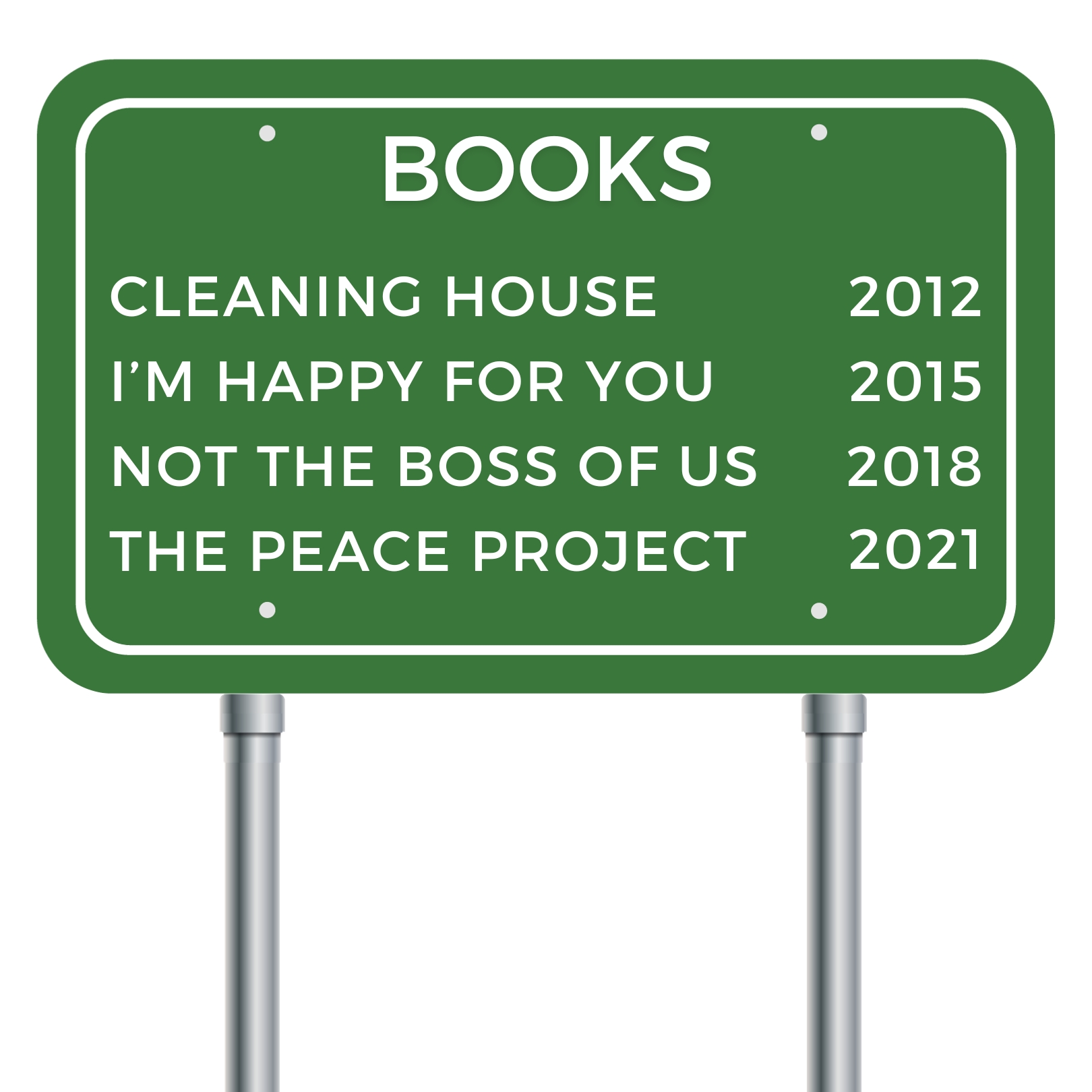Last week, I wrote a little something for The New York Times Motherlode blog. I hesitated doing it. For so many reasons. Most of which center on my never, ever, ever wanting to assume anything or do anything that would hurt someone who has walked a road of major pain. (If you keep reading, you’ll see what I mean… but you don’t have to keep reading :)
I wrote it mostly because I think about it. And I feel like many of us think about it, but don’t talk about it. And I pray about it. And I land safely on the firm, unshakeable, unmovable ground of God – who is good. Always good. Yet I still want to do anything I can to help.
A few weeks ago, people I love and for whom I care deeply were escorted onto a highway of pain. Complicated doesn’t begin to describe it. Well meaning, loving, caring and confused friends line the shoulder of that highway, craving answers so they can comfort their friends and themselves. I’m one of them. There is no answer except to say that illnesses often leave us grieving. And in my limited and flawed knowledge, I think many illnesses -even those born in the mind – run similar courses. Like my friend Dana who died last year after a raging battle against cancer (which she and her family assaulted with every weapon in their arsenal – diet, exercise, medicine, prayer, authentic relationships, you name it), my other friend, who’s death spurred my thinking, and her family and friends did the same things. So there aren’t always answers. And trust me, in this essay, I’m not claiming there are.
But as the editor at Motherlode told me (after we grappled, backed off, rewrote, eased on, stopped, started, posted, read scathing reply comments, then sick-to-my-stomach wondered – did we claim an answer?), talking about options can be a good thing to write, even if its uncomfortable.
So… welcome to uncomfortable. I was moved by God’s Truth that buttresses the Center for Disease Control’s conclusion that “connectedness” is a good and sometimes life-giving thing. And I was moved by comments from last week’s Fox News’ indictment on raising a generation of narcissist that left many aware of the problem with little direction on next steps. I know we are not without hope.
So, if you’re compelled to read after that bumbling of “I’m not sure what I’m doing, but let’s talk about it” blubberings, link on over to NYT Motherlode: Could Responsibilities Help Prevent Teen Suicide?… and feel free to comment on their site. And read the comments. Some of them are harsh, but many are thought provoking.
… But, if you’re thinking, I can’t believe she went there, thanks for being honest, and please accept my sincerest apology for any unintended offense.
As always, thanks for walking the road with me.
-Kay















Kay, thank you so much for this. My mother-in-law was also friends with your friend. In fact, her sweet husband baptized our first born. I lost my mom, and maternal grandmother, to suicide and know first-hand the wounds left behind. Now I am a mom to two daughters, and thankfully The Lord has redeemed depression in my own life, provided amazing friends to have that sweet connectedness with, and He faithfully uses my MESSage to share with others who are suffering. But that fear of the same cycle repeating itself in my children is terrifying. Can only leave it in God’s very capable hands. Thank you for your words on such a tough topic.
I appreciate this post, but I also thought your article was amazingly written. You approach this subject in a very gentle way. I agree completely with your thoughts!
Blessings,
Janelle
As always, wonderful article. Sensitive and direct.
Thanks girls for the kind words of encouragement and support … means more than you know :)
Kay… I too have been trying to wrap my head around suicide and mental illness lately. I loved your article and wish we saw more conversations and articles like this. I think so much of the problem goes back to one of the comments from your article where someone mentioned the shame associated with announcing your child’s depression to the world or something like that… I’ve thought lately that if we have Caringbridge accounts for our friends who have cancer, then wouldn’t it make sense to have a Caringbridge account (or something of the sort) set up when our friends or family are deeply struggling with mental illness? But then there’s the shame in it … And as someone with firsthand knowledge, mental illness is just so darn confusing… I’m glad you brought it up and started the dialogue. xoxo